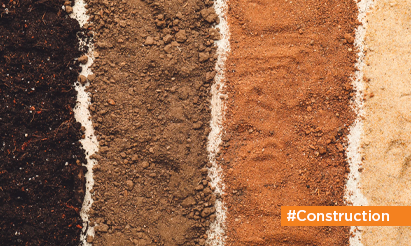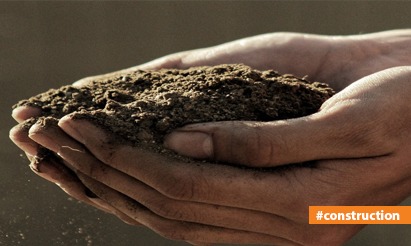Exploring the Diversity of Masonry Techniques!
Masonry, one of the oldest construction techniques in human history, involves the artful arrangement of bricks, stones, or concrete blocks to create durable and aesthetically pleasing structures. Throughout the centuries, masonry has evolved into a versatile craft with various styles and methods. In this blog, we’ll delve into the world of masonry work, exploring the different types and the unique characteristics that make each type distinct.
Understanding Masonry Work
What is Masonry?
Masonry is a construction technique that involves assembling individual units into a cohesive structure using mortar, a mixture of cement, sand, and water. The units can be bricks, stones, or concrete blocks, and the mortar acts as the adhesive that binds them together. Masonry is known for its strength, durability, and timeless appeal.
Why is Masonry Important?
Masonry work is highly regarded for its several advantages:
- Strength and Durability: Masonry structures are sturdy and can withstand various environmental conditions, making them ideal for long-lasting buildings.
- Aesthetic Appeal: Masonry offers a wide range of design possibilities, allowing for intricate patterns, textures, and colors that enhance a structure’s visual appeal.
- Thermal Mass: Masonry has excellent thermal mass properties, which help regulate indoor temperatures and reduce energy consumption.
Now, let’s explore the different types of masonry work:
1. Brick Masonry:
Brick masonry is one of the most common and recognizable forms of masonry work. It involves the use of bricks as the primary building material. Bricks come in various sizes, shapes, and colors, allowing for a wide range of design options. Common types of brick masonry include Flemish bond, English bond, and stretcher bond.
2. Stone Masonry:
Stone masonry utilizes natural stones like granite, limestone, and marble to create beautiful and durable structures. It is often used in historical and architectural preservation projects. There are two main types of stone masonry: rubble masonry (irregularly shaped stones) and ashlar masonry (cut and dressed stones).
3. Concrete Block Masonry:
Concrete block masonry involves the use of precast concrete blocks that come in various sizes and shapes. It is widely used in modern construction due to its cost-effectiveness and speed of construction. Types of concrete block masonry include hollow block and solid block.
4. Adobe Masonry:
Adobe masonry is a traditional technique using sun-dried mud bricks. It is particularly prevalent in arid regions. Adobe structures provide excellent thermal insulation.
5. Refractory Masonry:
Refractory masonry utilizes special high-temperature-resistant bricks and mortar for applications like kilns, furnaces, and fireplaces.
6. Glass Block Masonry:
Glass block masonry incorporates transparent or translucent glass blocks into walls. It is often used for decorative or aesthetic purposes, allowing natural light while maintaining privacy.
Masonry work is an ancient and enduring craft that continues to play a significant role in modern construction. The diversity of materials, styles, and techniques ensures that masonry remains a dynamic and adaptable form of building. Whether it’s the classic charm of brick, the timeless beauty of stone, or the efficiency of concrete blocks, masonry offers an array of choices for creating strong, enduring, and visually captivating structures. The choice of masonry type depends on factors such as architectural design, structural requirements, and the desired aesthetic appeal.
Disclaimer: The views expressed above are for informational purposes only based on industry reports and related news stories. PropertyPistol does not guarantee the accuracy, completeness, or reliability of the information and shall not be held responsible for any action taken based on the published information.




